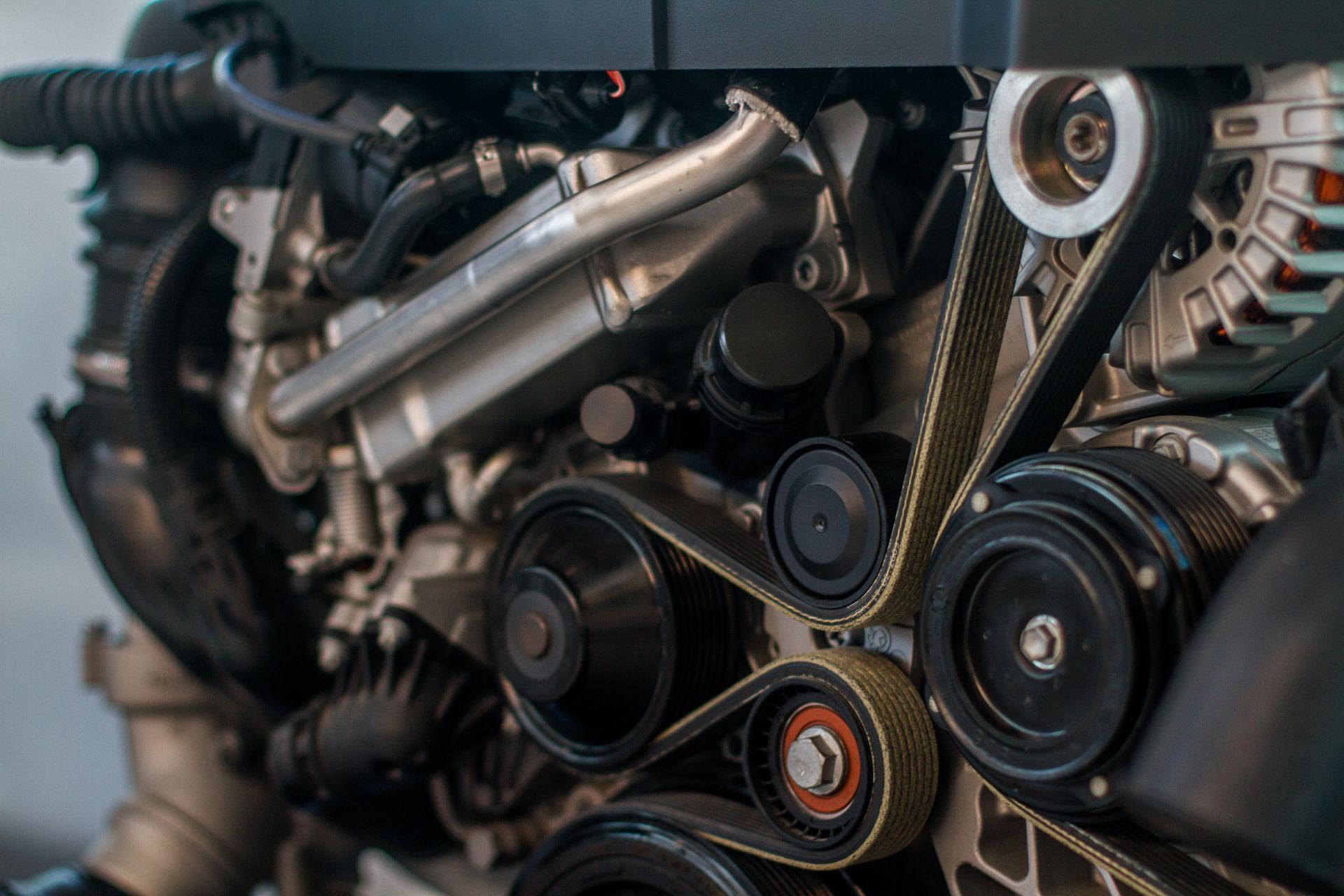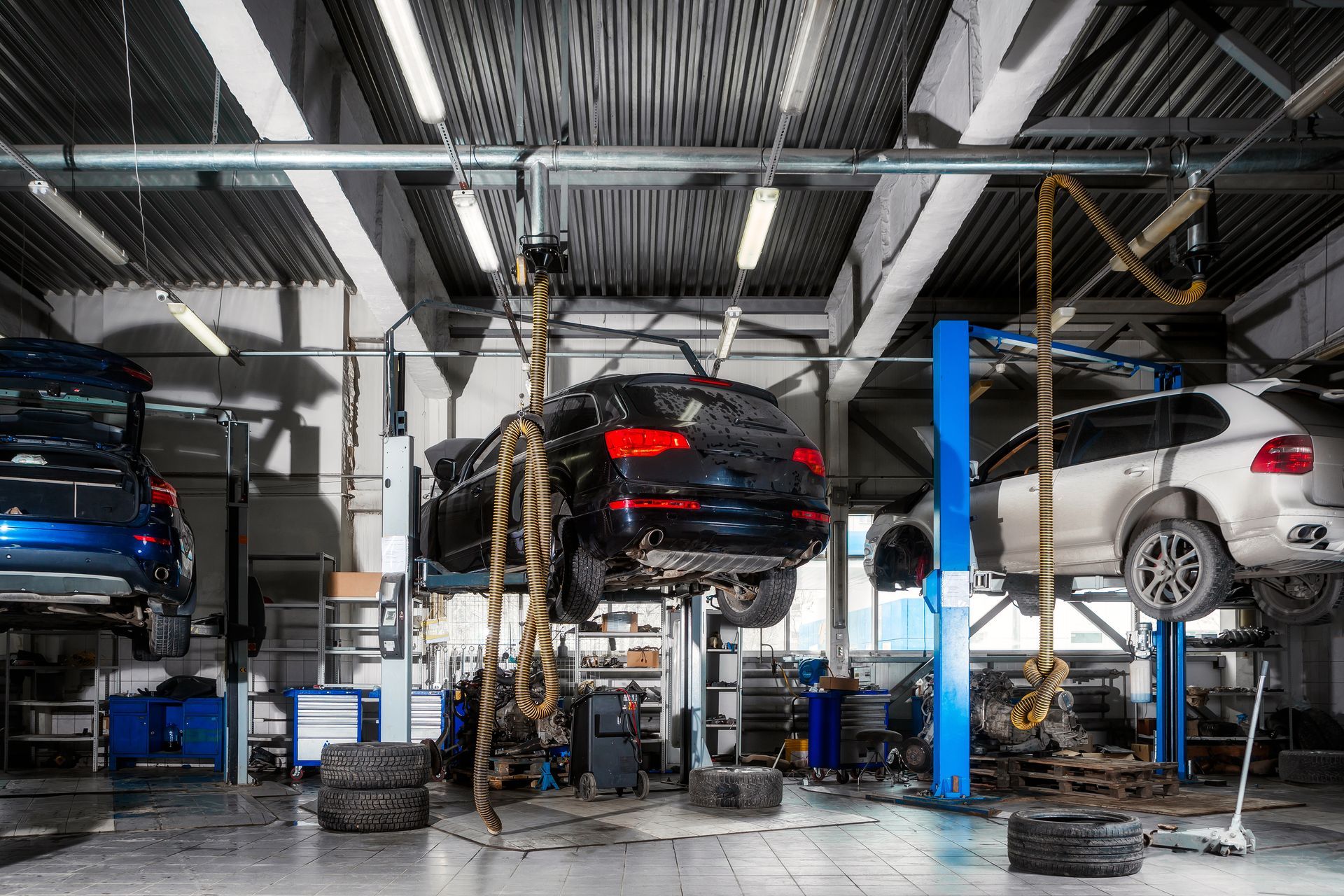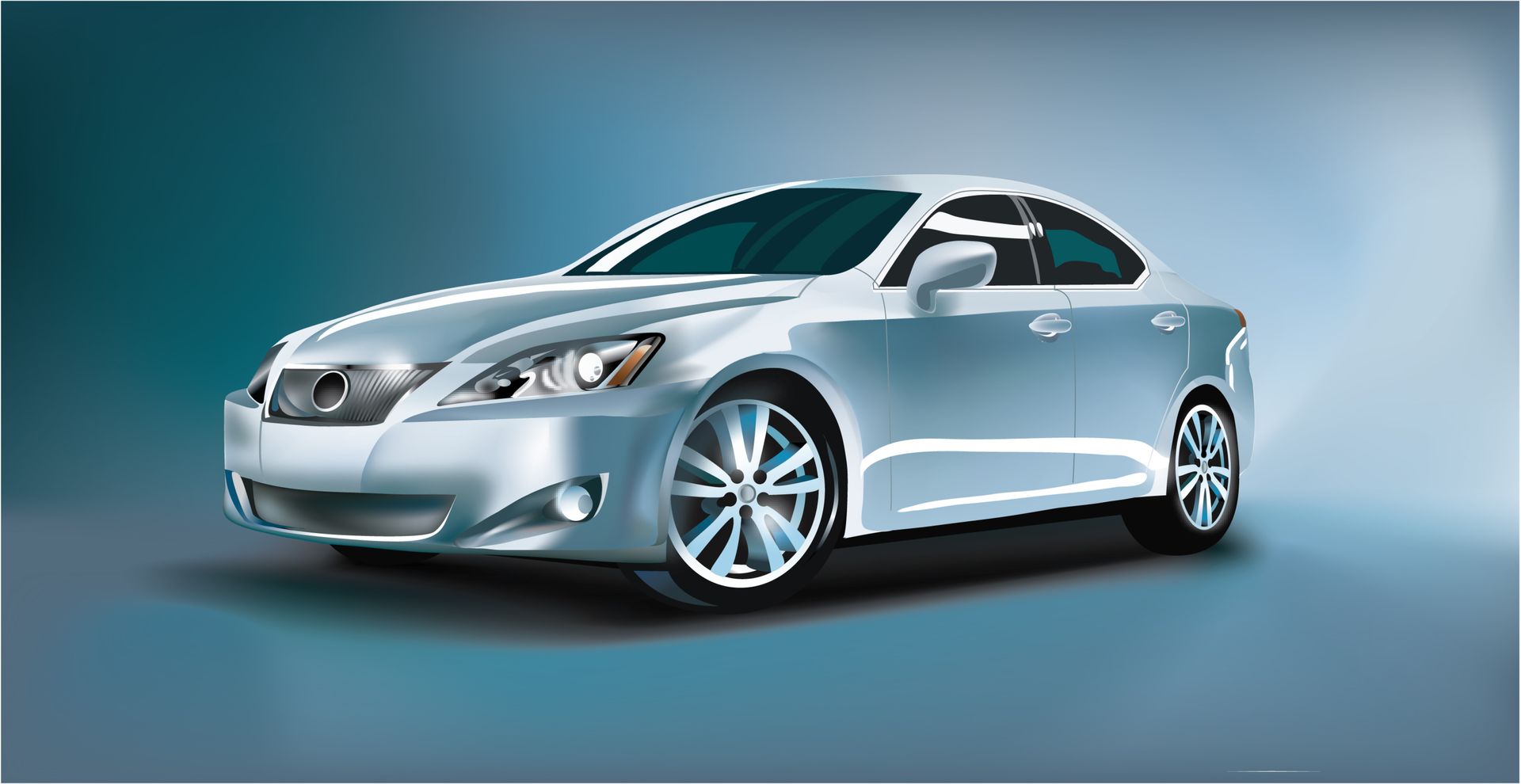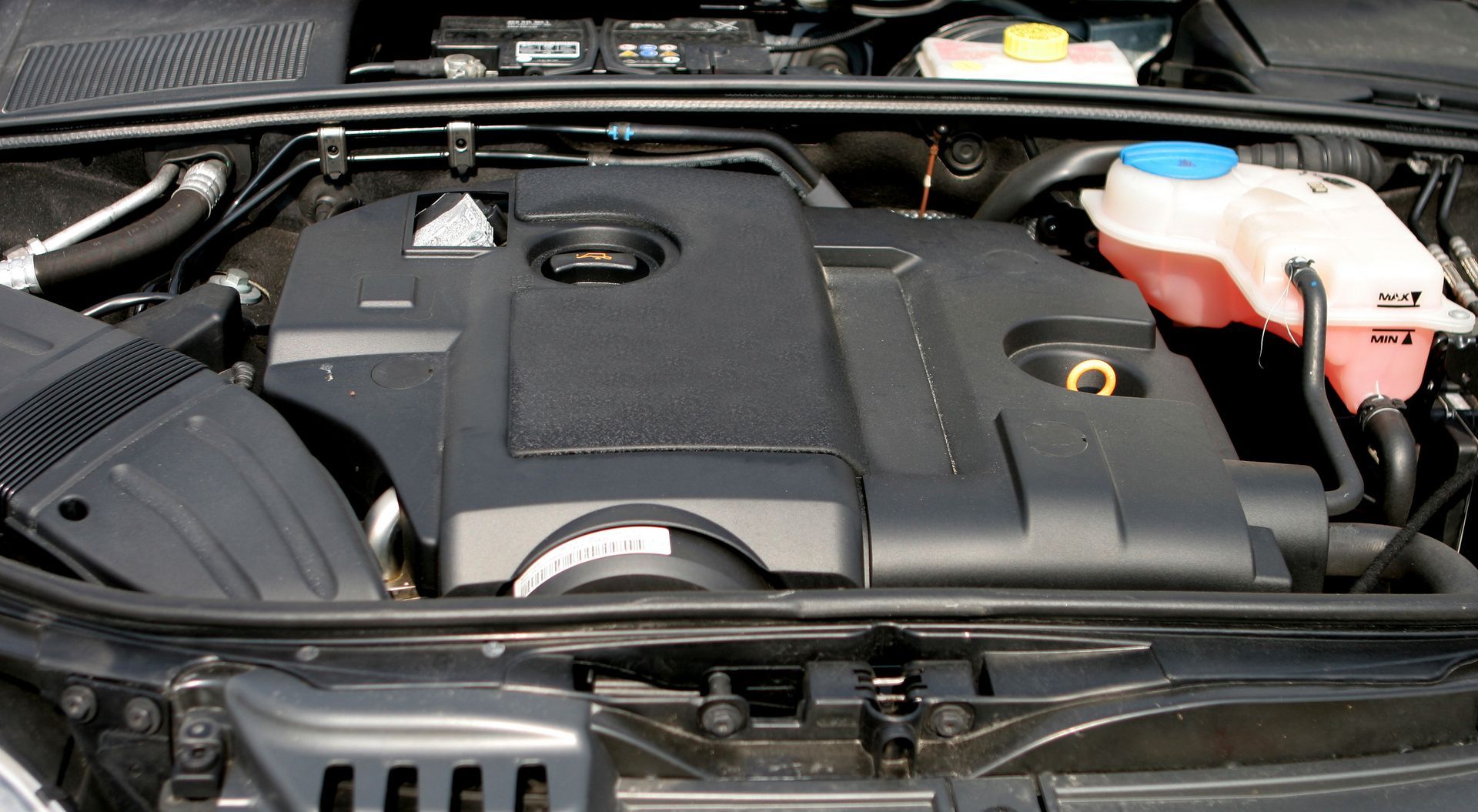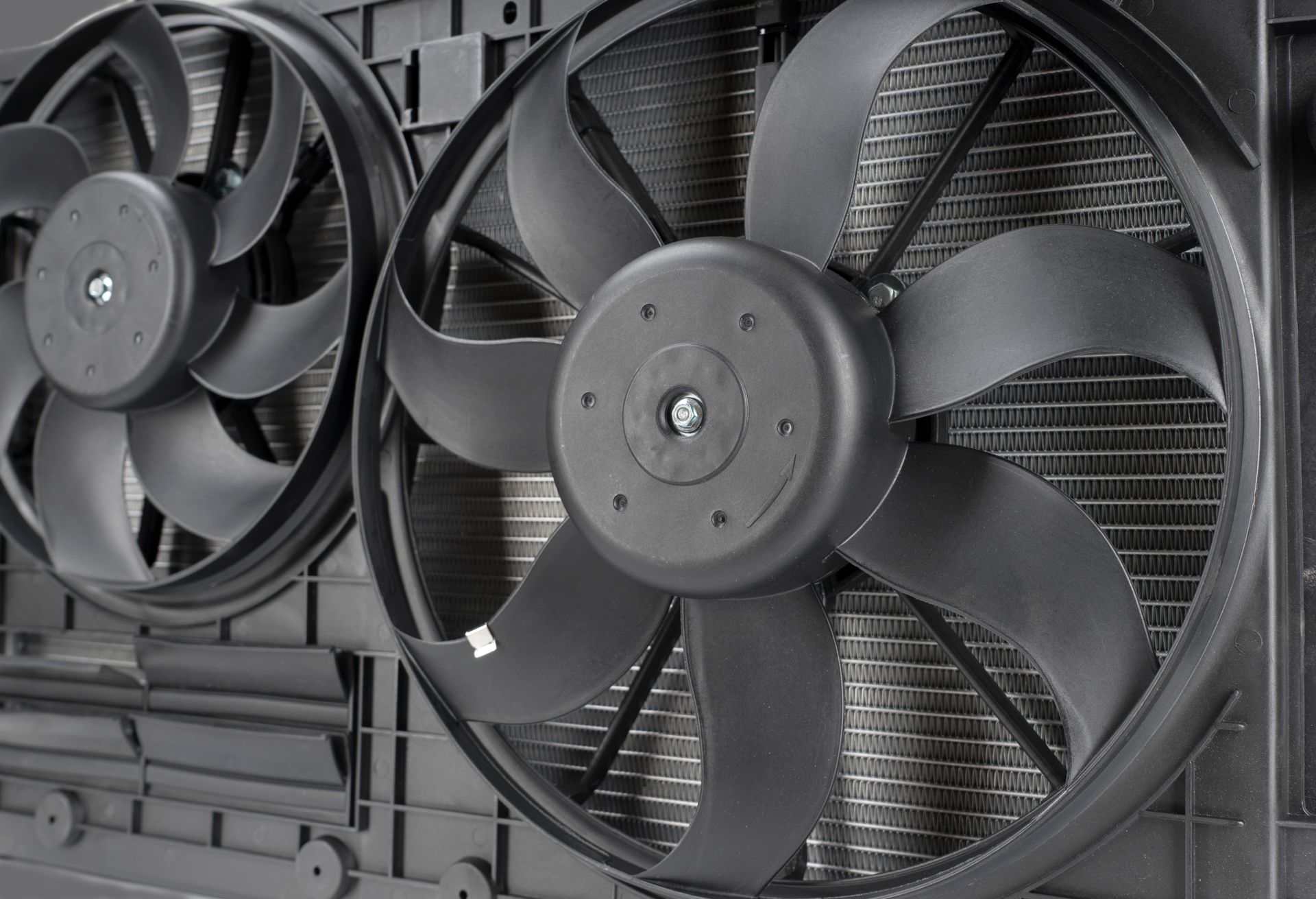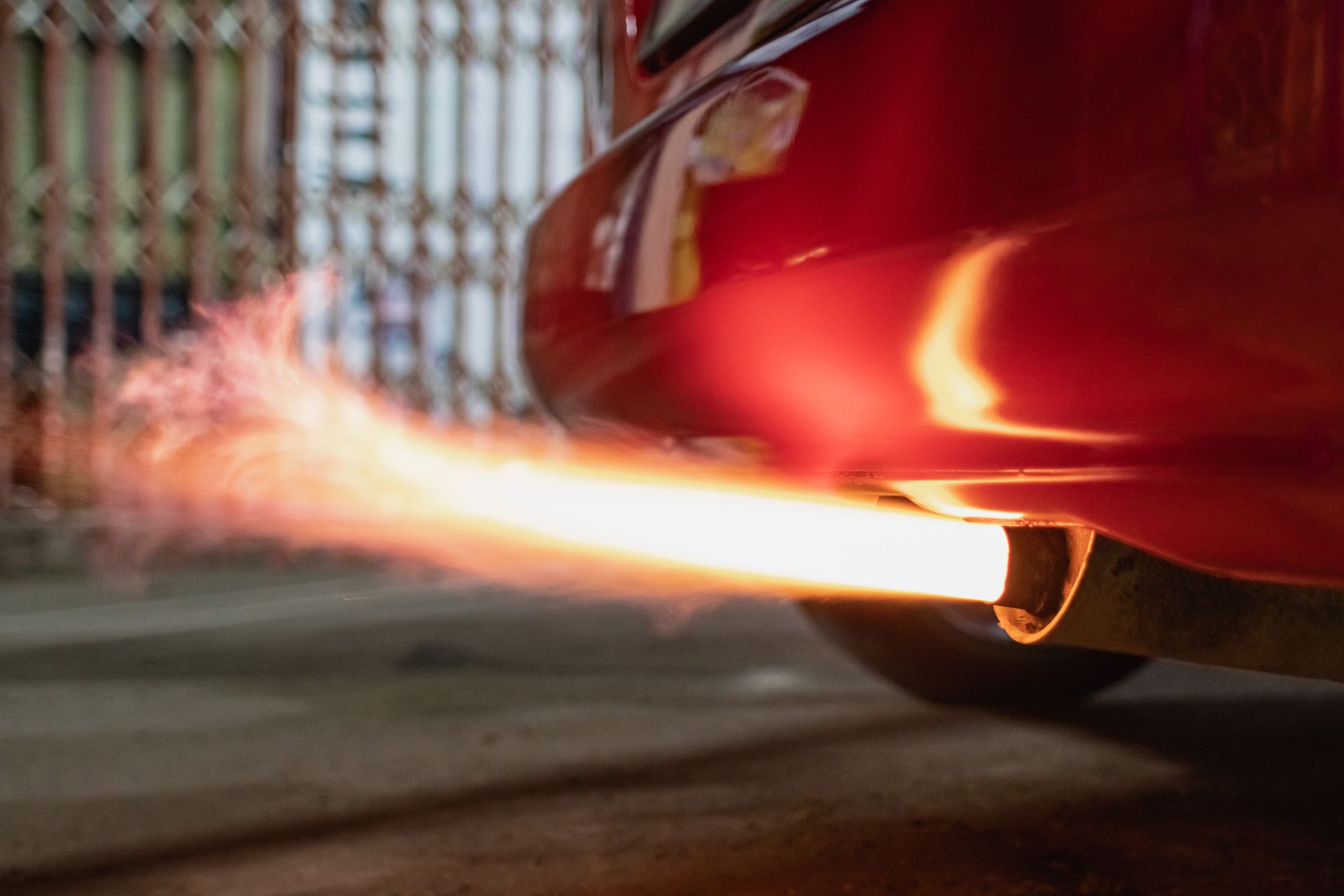Engine knocking is a common issue that many car owners encounter, but it can be a cause for concern if left unaddressed. Let’s jump into what engine knocking is, what causes it, how to recognize the symptoms, and what steps you can take to resolve this problem.
What is Engine Knocking
Engine knocking, also known as detonation or spark knock, is an audible metallic knocking or pinging noise that occurs within the engine cylinders during combustion. It occurs when the air-fuel mixture ignites prematurely or unevenly, causing the fuel to explode rather than burn smoothly.
Causes of Engine Knocking:
- Low-Quality Fuel: Using low-octane or contaminated fuel can lead to engine knocking, as it may ignite too early or cause incomplete combustion.
- Incorrect Ignition Timing: Improper ignition timing can cause the air-fuel mixture to ignite before the piston reaches top dead center, leading to engine knocking.
- Carbon Deposits: Carbon buildup on the piston crown, cylinder head, or spark plugs can create hot spots that promote premature ignition and engine knocking.
- Overheating: Excessive engine heat can cause fuel to ignite prematurely, resulting in detonation and engine knocking.
- Faulty Knock Sensor: A malfunctioning knock sensor may fail to detect engine knocking, leading to improper ignition timing and increased risk of detonation.
How to Tell If It’s Engine Knocking
The most obvious symptom of engine knocking is a distinct knocking or pinging noise that occurs during acceleration or under load.
Engine knocking may cause and occur in tandem with a decrease in engine performance and power output. In other words, you should monitor engine performance and look for signs of decreased power or rough idling. In some cases, engine knocking may also trigger the check engine light to illuminate on the dashboard.
How You Can Stop Engine Knocking
- Use High-Octane Fuel: Switching to a higher-octane fuel can help reduce the risk of engine knocking, especially in high-performance or turbocharged engines.
- Check Ignition Timing: Have your ignition timing checked and adjusted by a professional mechanic to ensure it is within the manufacturer's specifications.
- Perform Engine Carbon Cleaning: Regularly clean carbon deposits from the engine internals, such as the piston crown, cylinder head, and spark plugs, to prevent hot spots and reduce the risk of engine knocking.
- Replace Faulty Components: If a faulty knock sensor is identified, have it replaced promptly to ensure proper engine operation and ignition timing.
Engine knocking is a concerning issue that can indicate underlying problems with your vehicle's combustion process. If you experience any symptoms of engine knocking, it's essential to have your vehicle inspected by our technicians to diagnose and address the issue promptly.
Don't ignore the signs of engine knocking. Contact
Rolf's Import Auto Service today to schedule an inspection and resolve any engine-related issues. Your satisfaction and safety are our top priorities!


